About Treatment
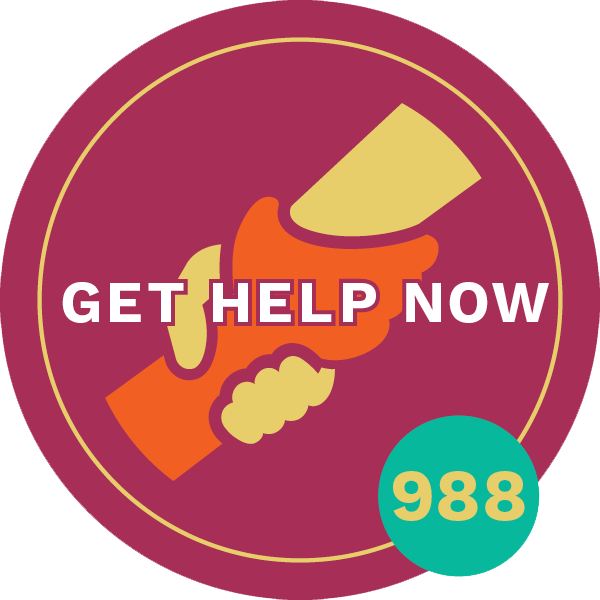
For medical emergencies, call 911
For mental health emergencies, call or text 988
For opioid medication treatment, click here
Map for Where To Get Treatment
Opioid Treatment is Available Now
More Treatment Providers Are Available, Including Telehealth
Start Treatment Near You Today.
Treatment Basics
People can’t just walk away from opioid substance use – they need help. Learn about the types of medication, where to get it and why stigma keeps people from seeking help.
Stop the Stigma
Anyone can become dependent on drugs and struggle with opioid substance use. Opioid Use Disorder is not a moral failing and we need to remember that we can all change the conversation and decrease the stigma around drug use and opioid substance use. We must reduce the stigma to encourage people to ask for help and recovery.
Recovery
Recovery from opioid use disorder is within reach for everyone, and we can all play a role. Treatment and the support of family, friends, co-workers and peers in recovery from opioid use disorder can make a big difference. Learn about the many paths to recovery to help live your best life.
Medication-assisted treatment (MAT)
Also known as Medications for Opioid Use Disorder (MOUD)
People can’t just walk away from opioid substance use – they need help. Learn about the types of medication, where to get it and why stigma keeps people from seeking help.
Opioid substance use is a chronic disease, like heart disease or diabetes that can’t be cured, but it can be managed to help a person with opioid substance use regain a healthy, productive life. Tailored to meet each person’s needs, medication-assisted treatment (MAT) is the use of medications, in combination with counseling to treat opioid substance use (Opioid Use Disorder) to prescription pain relievers, heroin or fentanyl. The prescribed medication operates to normalize brain chemistry, block the euphoric effects of alcohol and opioids, relieve physiological cravings, and normalize body functions without the negative effects of the abused drug. It is NOT the same as substituting one addictive drug for another and taken properly, does NOT create a new addiction.
Other treatment resources include:
Treatment Connections is a public website for those in New Mexico seeking Substance Use Disorder and mental health treatment to anonymously search for nearby providers, evaluate the type of care needed and submit confidential online referral requests to appropriate treatment providers.
New Mexico Crisis and Access Line – If you are in crisis and need to speak to someone immediately, call this free mental health line that is here to hear you 24 hours every day of the year at 1-855-NMCRISIS (662-7474).The New Mexico 5-Actions Program™ is a free online self-guided resource for those struggling with substance use and/or behavioral addictions that may be helpful while looking for in-person treatment with a provider. It should not replace in-person treatment.
Having Trouble Getting Opioid Treatment and/or Medication you Need?
Knowing about your experiences will help us make needed changes! Email: hsc-nmopioidfeedback@salud.unm.edu. In your email, please include the town you live in and detail of the troubles you had. We will not always be able to contact you directly, but your feedback will help us improve care in New Mexico for Substance Use Disorder.
Medicaid Eligibility
Opioid substance use is a chronic disease, like heart disease or diabetes that can’t be cured, but it can be managed to help a person with opioid substance use regain a healthy life. People can’t just walk away from opioid substance use – they need help.
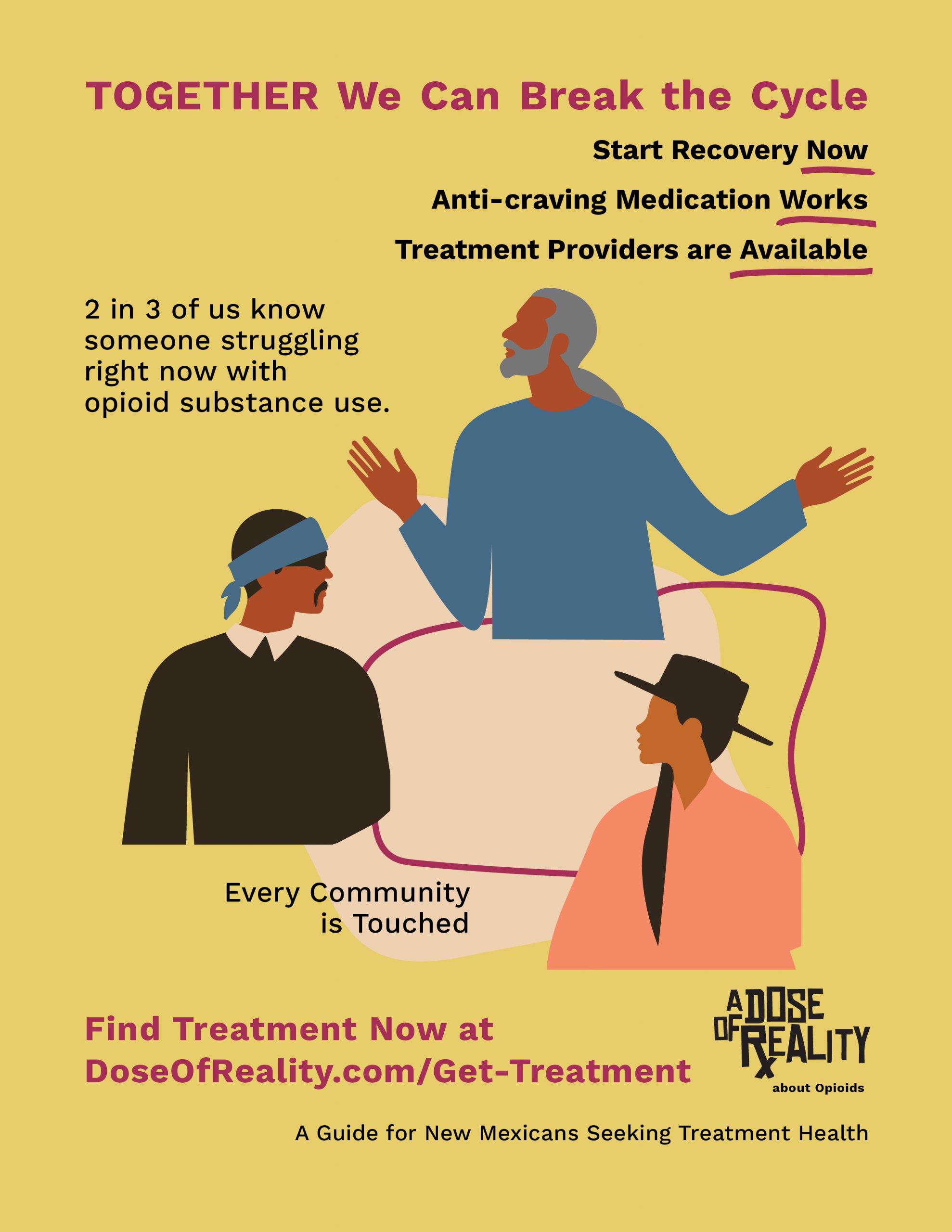
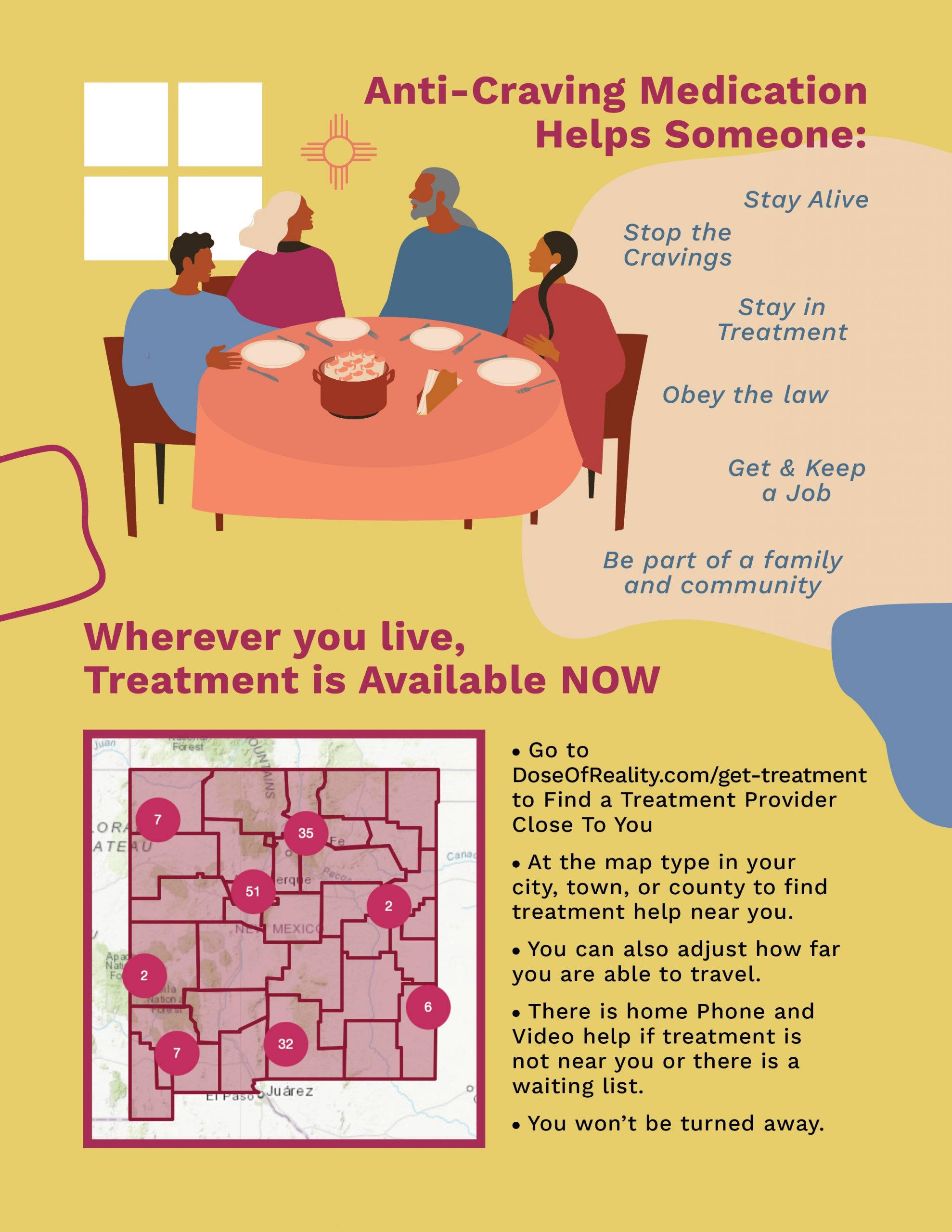
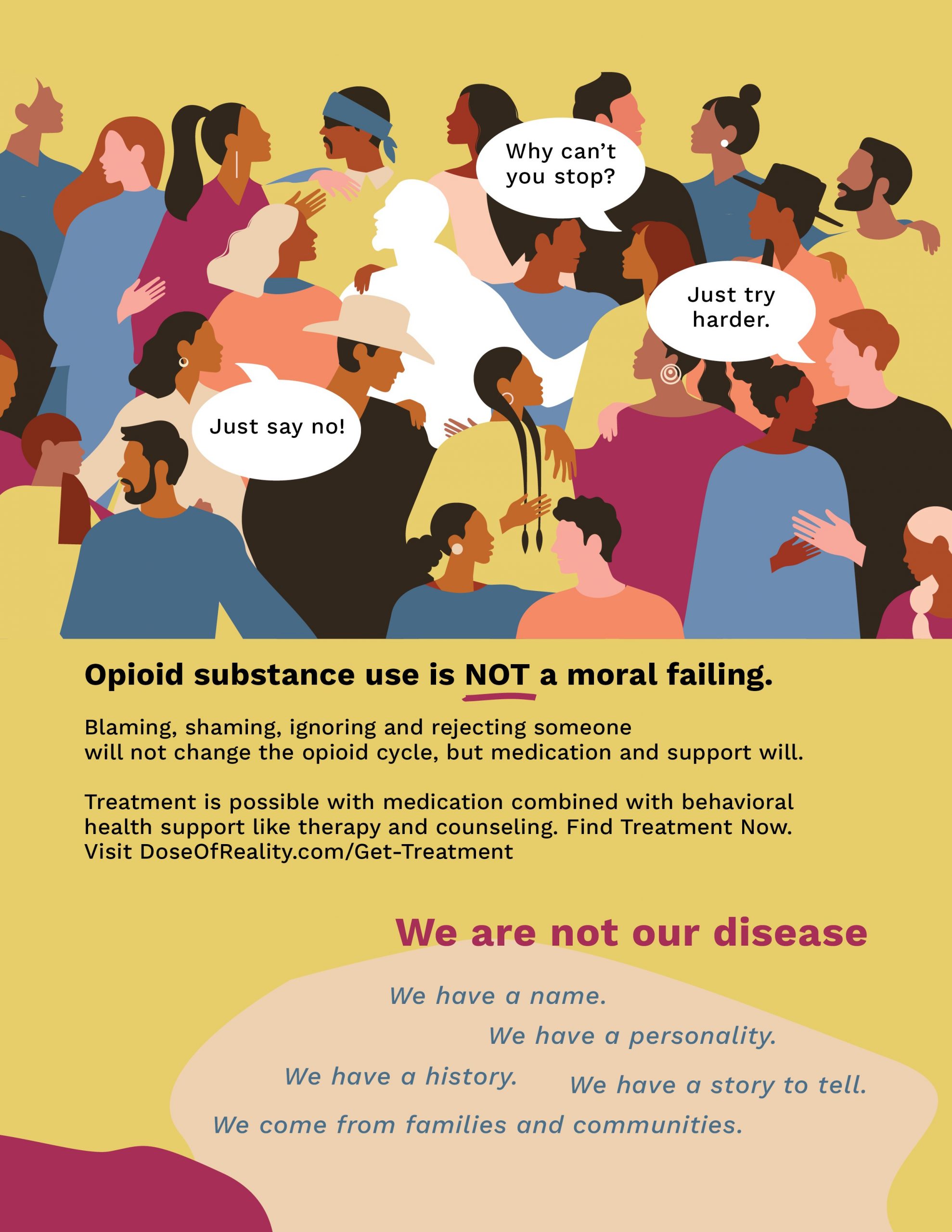
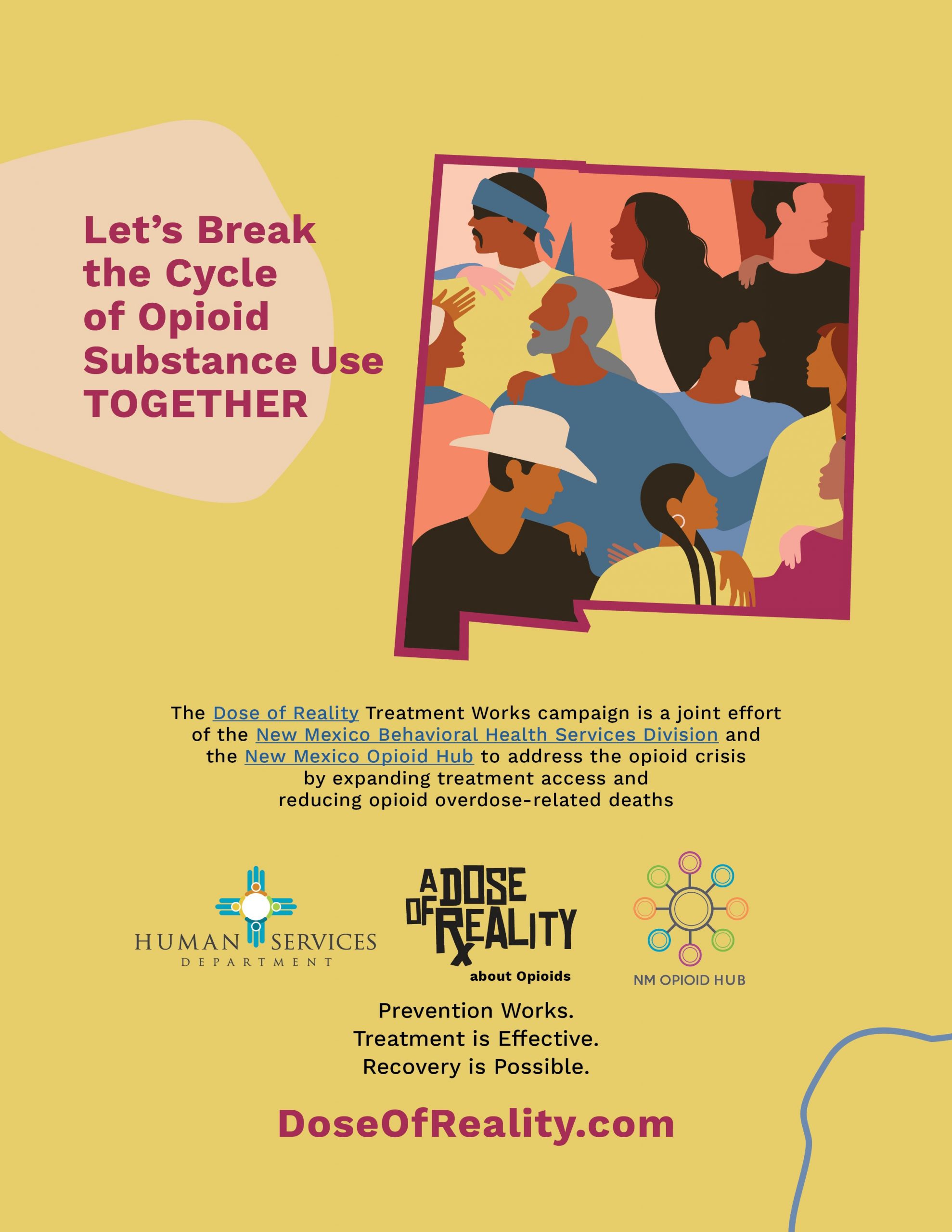
Types of Medication
The most common medications used in treatment of opioid substance use are Buprenorphine and Methadone. Both reduce cravings and trick the brain into thinking it is still getting the problem opioid.
